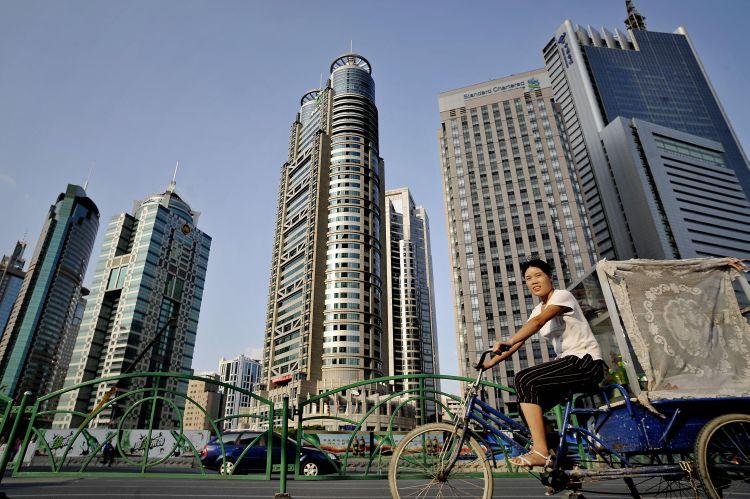
Many of the events that defined 2011 will not dissolve into history when the calendar turns the page. The events that were set in motion this year will continue to play out and shape the year to come. The Epoch Times recaps pivotal moments and movements around the globe that are sure to make the headlines again in 2012.
Throughout China’s major cities impressive blocks of high-rise apartment buildings soar into the sky. As night falls, the buildings recede into the darkness: hardly a light twinkles from the vast structures.
Those unlit, empty buildings are a sign that 2012 may bring stagnation or even collapse to China’s formerly high-flying economy, while sending seismic shocks to the fragile world economic order.
China’s real estate market has vast overcapacity: Shanghai alone has 104.6 million square feet of unsold new housing. At the same time, housing prices are out of reach for most. Housing in Beijing and Shanghai is priced at 20 times the average city dweller’s annual income, and throughout China 85 percent of city residents who need a new house cannot afford one.
In October, prices began heading down, with more than twice as many major cities experiencing drops in real estate prices compared to cities with increases.
Those figures are likely a sign of things to come. The Chinese regime has tightened credit to curb rampant inflation. With a glut of unsold homes, prices sky-high, and a tight money supply, the bottom may drop out of the market.
For the past six or seven years, Chinese authorities have turned to building housing to boost flat economic numbers. This economic stimulus would disappear.
As housing prices fall, real estate developers will find they cannot pay back loans, endangering the Chinese banking system. In addition, the unofficial gray market banking system, in which large, state-owned enterprises are lenders, will take huge losses.
Local governments, who derive 30 to 50 percent of their revenue from land sales, will not be able to meet their obligations.
China, which carries a greater debt burden than insolvent Portugal, will be bankrupt. The Chinese people will face hardship, and the crisis will strain the world economy.




